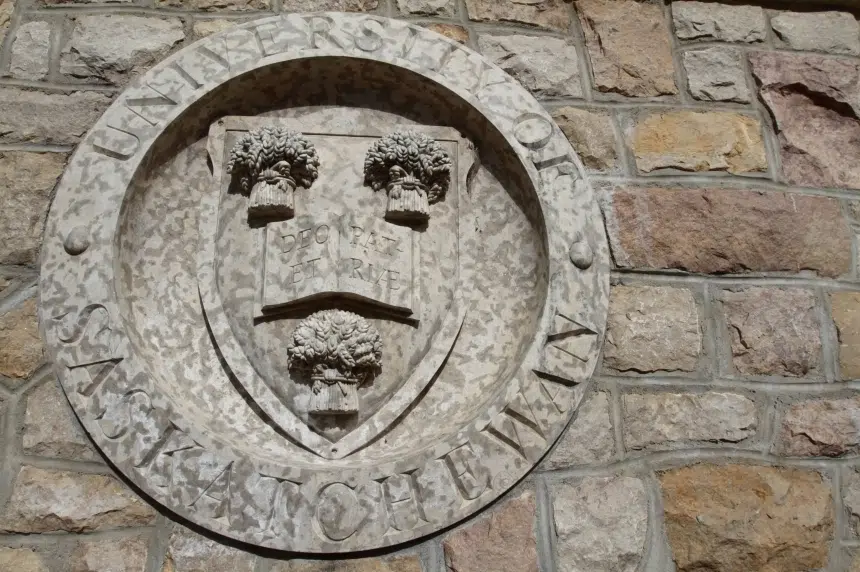A significant policy change at the University of Saskatchewan is going to implement a documentation verification process to confirm the membership and citizenship of people with Indigenous heritage.
The new hiring process policy leaves the verification of someone’s Indigenous identity up to their Indigenous communities and governments.
Dr. Airini, provost and vice-president academic with the U of S, said the new policy is thanks to “groundbreaking” work by an assembled task force for its significant inclusion of Indigenous voices in the policy creation process.
The policy, which has been approved by the university’s board of governors, is one that U of S president Peter Stoicheff said really reflects the university’s commitment to transformative decolonization and reconciliation.
Until now, the verification of Indigenous membership and citizenship has relied on self-identification conducted internally, Airini shared.
“This work on Indigenous membership and citizenship verification is truly imperative and timely,” she said.
The new policy requires documentation verification to be completed by anyone holding future positions, student scholarships or other forms of material advantage created for Indigenous people.
In some cases, that verification may be required for people who already hold those positions, Airini said.
The policy’s name means truth in a variety of languages — deybwewin in Saulteaux, taapwaywin in Michif and tapwewin in Cree.
“Truth to self, truth to each other, truth to the ancestors and truth to the land,” Airini explained.
Airini noted the work accomplished would have been impossible without the leadership and guidance of the university’s Indigenous partners.
A task force of 28 people, chaired by interim vice-provost for Indigenous engagement Dr. Angela Jaime, said other institutions have been reaching out to the U of S to inquire about supports related to implementing such a policy.
Jaime said recommendation reports have recently come out for other institutions, such as Queen’s University, but no other similar policies have been passed by other Canadian institutions.
A goal to recruit and maintain Indigenous students and scholars, as well as provide such individuals with growth and promotion opportunities, are priorities of the U of S, Jaime explained.
That can be a challenge.
Jaime said too often, Indigenous scholars are overloaded with work on committees and other assignments. She said a continuing need is for Indigenous scholars and staff to be at tables where decisions are being made, like tenure, promotion and hiring committees.
“Places where those … votes matter,” Jaime said, noting the efforts being made are to consistently elevate Indigenous voices and opinions, not simply tokenize them.
Jaime also noted the goal is to protect the time of Indigenous scholars and work alongside to elevate them into senior leadership roles or other milestones they’ve set as goals to achieve.
When asked about the effectiveness of the new policy in preventing a future situation similar to one where the Indigenous identity of a U of S professor was questioned in 2021, Airini said the process of increasing Indigenous equity in staff recruitment began at the U of S in 2020.
“Then in 2021, we did realize that we needed to accelerate the development of the policy,” Airini said.
Saskatoon Tribal Council Chief Mark Arcand called the unveiling of the policy “historic.”
He said the policy was adopted for “the unfortunate circumstances that came about,” but said the policy was “well-needed because it listens to the voice of the people.”
“If there (are) jobs made for Indigenous people, they should show their credibility,” Arcand said. “But first and foremost, they should be proud of who they are.”
Arcand said the new policy is a simplified process, with individuals claiming to be First Nations reporting to their communities and membership clerk and applying, as Arcand said everyone is required to do to become verified by leadership and endorsed by the federal government.
Consultation with First Nations communities on implementing the policy will begin this August.












